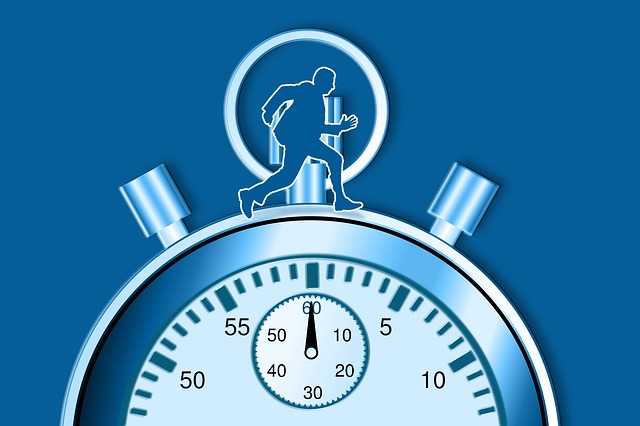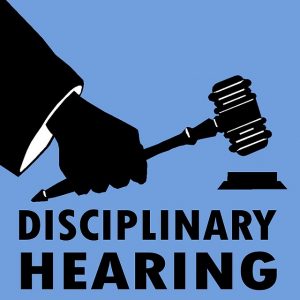Managing performance: HR guide

Introduction
Managing performance needs to be carried out regularly and handled sensitively. Letting performance remain unchecked can be extremely detrimental to your business and to staff morale. Managers often prefer to turn a blind eye to under-performing employees, hoping that things will improve without the need for intervention. But so often, things don’t improve – they actually get worse. So what can you do to tackle poor performance?
Informal process
If an employee’s work is not up to standard, the starting point is to raise the issues with them during informal discussions, which should be taking place as a matter of course.
These are opportunities to identify particular areas of concern and provide clear examples of their shortcomings. It is no good just making vague, general criticisms. Tangible evidence needs to be provided, showing that the employee is falling short of the expected standard.
It is also important to seek an explanation from the employee. There may be a simple reason for their failings. It could be that there is a resourcing problem, or other extenuating circumstances, such as family issues, that need to be addressed. But if the issue is obviously the fault of the employee, his or her performance will need to be carefully monitored. If this is the case, the employee should be given guidance, which is as much about encouragement and support as constructive criticism and monitoring.
Formal process
Where managing performance and the informal route doesn’t get the employee back on track, a more formal disciplinary process may be needed. This would usually involve a number of stages. First, the employee must be told about the required corrective action, and a defined period should be set for them to improve. This is commonly called a performance improvement plan. Managers should be clear when communicating where employees need to raise their game, the standard to be reached and the period for achieving the objectives. They should also provide guidance and training as needed.
 But if the person in question doesn’t fulfil expectations, they could be issued a warning. And a similar process should be repeated at the next stage, with a further opportunity for them to improve. This might result in a second hearing, followed by a final warning and a last chance to turn things around.
But if the person in question doesn’t fulfil expectations, they could be issued a warning. And a similar process should be repeated at the next stage, with a further opportunity for them to improve. This might result in a second hearing, followed by a final warning and a last chance to turn things around.
If, after the end of the next period, the employee still doesn’t make the required standard, dismissal may be the only option. But another disciplinary hearing would be needed before a decision is made. When an employee is dismissed, they should have a right of appeal.
The Advisory, Conciliation and Arbitration Service (Acas) has produced guidance and advice on managing poor performance.
Dealing with claims
A member of staff who is dismissed because of poor performance could bring an unfair dismissal claim against their employer. Generally, employees need to have at least two years’ service to be able to bring the claim. But they could also try and bring discrimination claims, which have no length of service requirement. For an employer, it’s important that a fair process is always followed, so that their position can be defended, if needs be.
This guide is intended for guidance only and should not be relied upon for specific advice.
If you need any advice on managing performance or have queries relating to other employment law issues please do not hesitate to contact me 020 3 797 1264.
Do check mattgingell.com regularly for updated information.



